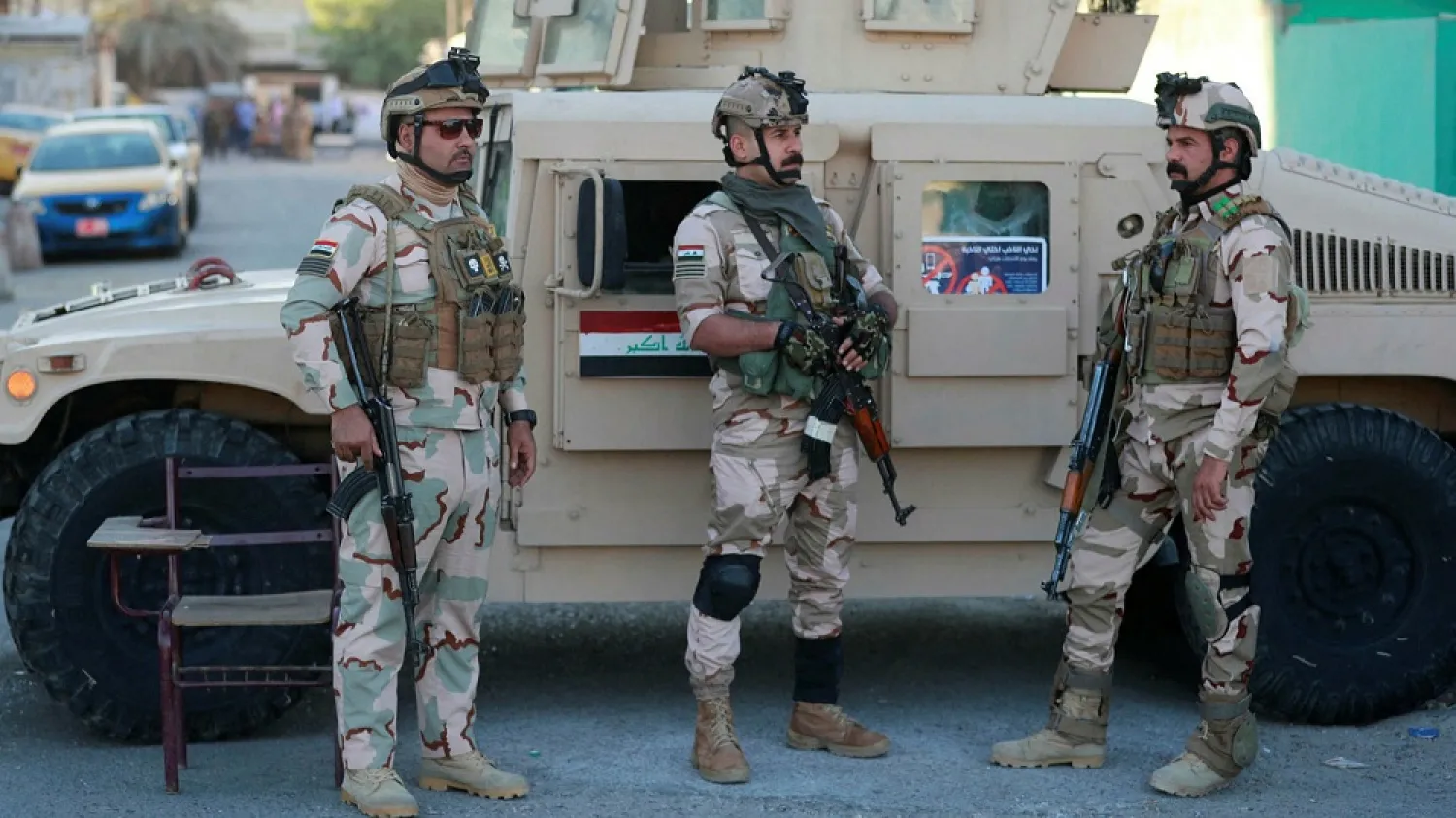Twenty members of a single family were killed in Iraq's Babylon province on Thursday in a horrific massacre that has shocked a nation that is reeling from decades of violence.
Official and nonofficial accounts of what led to the massacre have exposed the limited means of the country's security and intelligence agencies.
Prime Minister Mustafa al-Kadhimi has ordered a fair probe into the massacre. Interior Minister Othman al-Ghanemi had visited the crime scene to oversee the investigations.
The official account of the crime said that authorities had received word that two wanted figures were seen at the residence of Raheem Kazem al-Ghariri. When the intelligence directorate sent agents to the house, Ghariri opened fire at them.
Witnesses offered a different account. It said the family was massacred by Ghariri's son-in-law, who works as an officer at a security agency, in wake of a family dispute.
Another account said that Ghariri himself had killed his own family after a three-hour faceoff with the security agencies. Once the fight was over, the security forces entered his house and discovered the crime.
Ghariri's sister gave a different account of events. In a video, she accused the son-in-law of committing the crime, adding that her brother would never have done such a thing.
The victims include Ghariri himself, his wife, six children, and six grandchildren.
Member of the Iraqi High Commission For Human Rights, Ali al-Bayati criticized how authorities have handled the crime.
In remarks to Asharq Al-Awsat, he pointed to the contradictory testimonies, saying they reflect a major weakness in intelligence information.
He accused the security forces of failing to protect civilians as they attempted to arrest a wanted suspect.
"Arresting a suspect does not mean risking the lives of other citizens," he stated.
He added that High Commission has repeatedly called for the formation of a committee that could train members of the security forces on how to properly deal with suspects and citizens alike.









